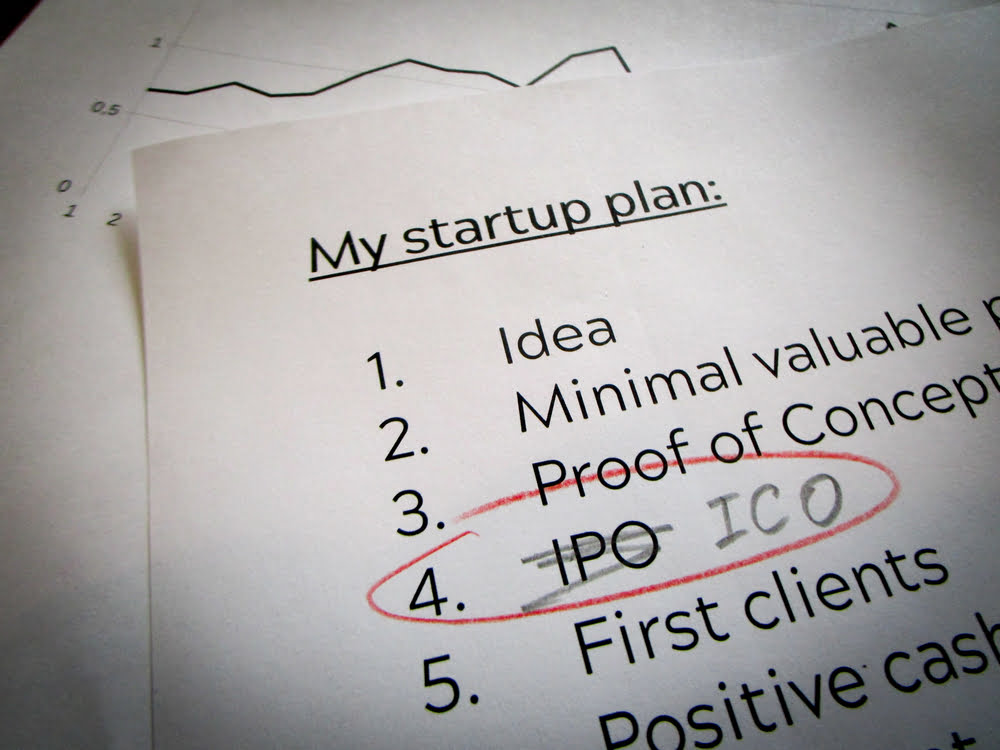Even though initial coin offerings remain a very popular industry, there are some concerns over how things are evolving as of right now. Especially given the growing number of scams and fraudulent ICOs out there, it is evident that something will need to change sooner rather than later. LinkedIn co-founder Eric Ly claims he has the solution to this pressing problem.
Can ICOHub get rid of the Scammers?
Over the past few months, it has become painfully evident that many scammers are active in the world of initial coin offerings. With so many projects being created every single week, it is almost impossible for investors to distinguish between legitimate offerings and potential scams. Addressing this problem will not be easy whatsoever.
Eric Ly, the co-founder of LinkedIn, acknowledges that something needs to change. While he is also a fan of the ICO industry as a whole, the problems found in that particular sector should not be overlooked. It is very difficult to build trust over the internet, especially with money changing hands and companies raising millions of dollars without regulation.
His solution comes in the form of the ICOHub platform. As the name somewhat suggests, it is a new platform allowing investors and interested parties to verify ICO teams’ integrity. Such a service is more than needed at this time, even though it still remains up to individual investors to conduct their own research before contributing their hard-earned money to a project.
In recent months, it has become painfully evident that ICO investors are mainly attracted to hype and advertising rather than what a given project plans to achieve. No one questions the potential of blockchain technology, but scammers know all too well how easy it can be to trick users into believing their projects are legitimate.
With ICOHub, Ly hopes to shed light on the reputations of individuals and entities alike. Although there is a connection between the reputation of an entity and the individuals representing the company, there is a growing need to look at both of these reputations separately. That’s because founders could work under fake names, and companies could do so as well. Distinguishing facts from fiction in the ICO industry is more than needed at this point.
Although ICOHub sounds like another initial coin offering rating site, it aims to be a lot more than that. Since most sites remain rather vague about their scoring methods, ICOHub wants to be data-driven and transparent at all times. It is an interesting approach that may bring more legitimacy to the ICO industry moving forward.

